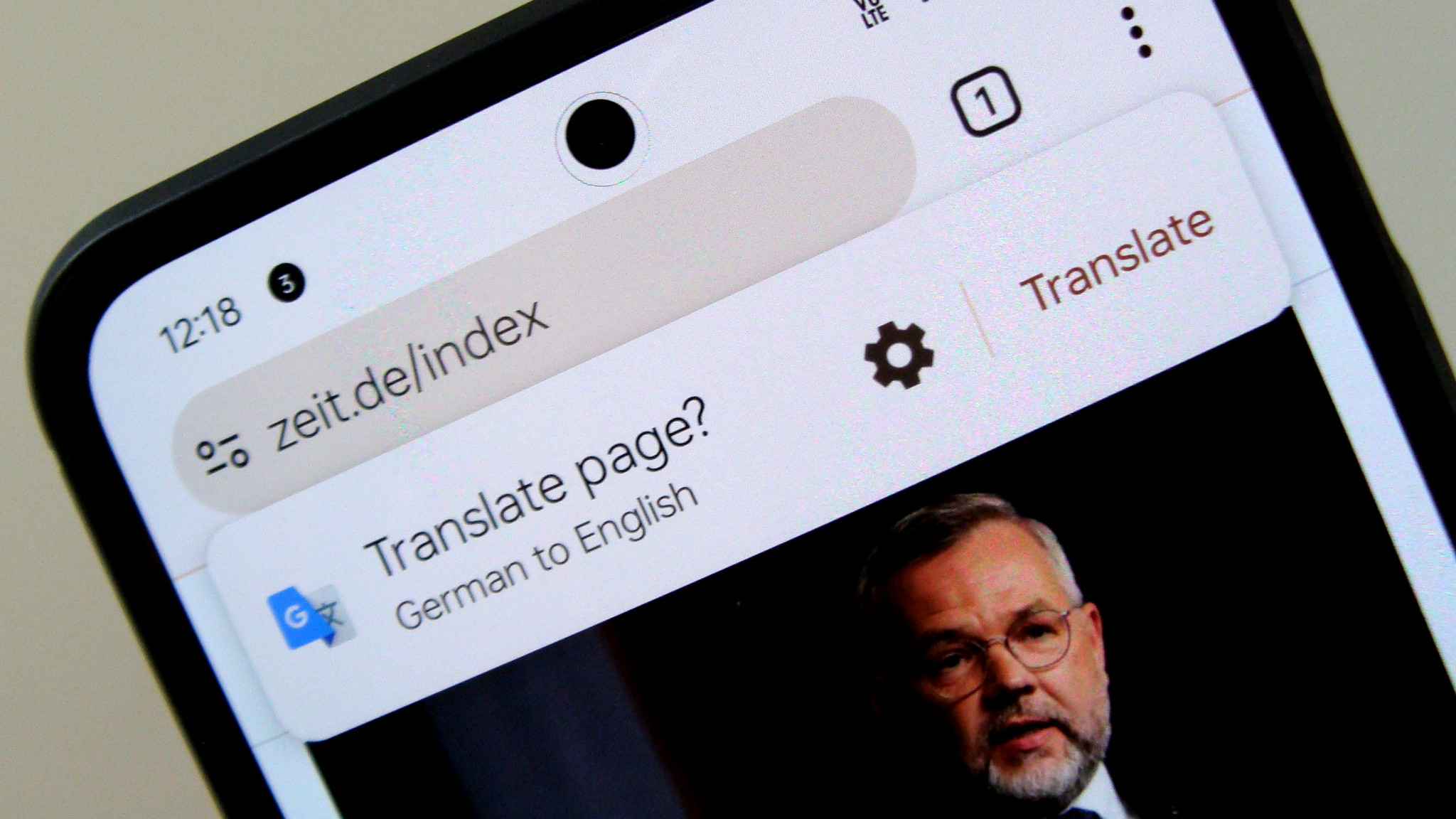Best gaming twists and surprises
Please note that the following page contains spoilers.
1. Joel's decision in The Last of Us
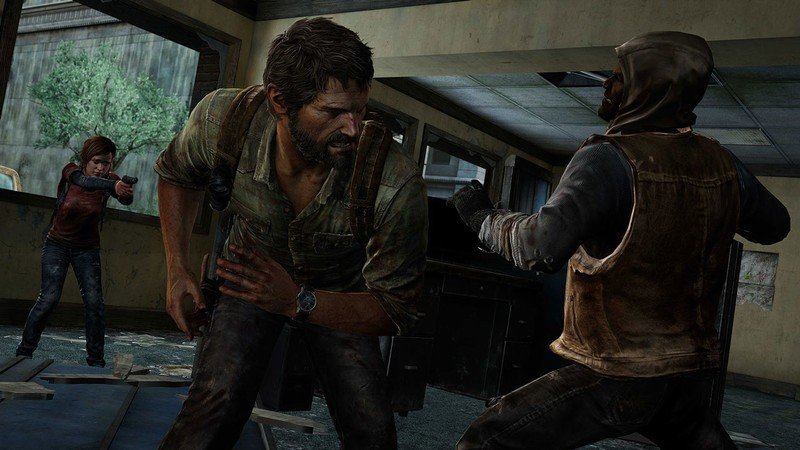
Throughout The Last of Us, players get to know Joel and Ellie. They see them do brutal, harsh things to survive. They see them help each other survive. So it shouldn't come as any surprise that when the Fireflies needed to carve into Ellie's skull for a fungal sample to try and find a cure, which would kill her in the process, Joel's reaction was...extreme. He'd grown incredibly close to the girl. She essentially was his daughter. So he kills every last Firefly in his way, rescues Ellie before she undergoes surgery, then lies to Ellie about what happened when she comes to. Her response? "Okay."
Fans have debated the ending of this game since release, and even Joel and Ellie's voice actors are split on their opinions, but there's no denying it makes for a riveting, shocking final act to be remembered. -Samuel Tolbert
2. Recovering the Blades of Chaos in God of War
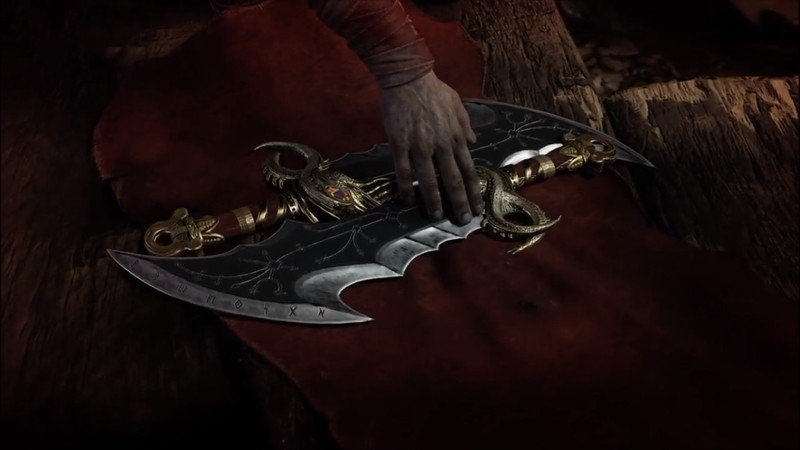
When Atreus falls sick in God of War, Kratos is tasked with grabbing the heart of a creature in Hel. But the powerful Leviathan axe is completely useless in the land of the Nord dead. To enter, he solemnly takes a journey back to his house, while the music and atmosphere take a dark, foreboding turn. Kratos is taunted by the spirit of the long-dead goddess Athena. He has to confront his sins, but he manages to do so, retrieving the Blades of Chaos, the weapons of the Greek God of War and a remnant of what he once was and a monument to the atrocities he committed. The way the story weaves this moment is simply fantastic, doubly so as it introduces a completely new weapon and gameplay mechanic late in the game. Whether you are familiar with past God of War games or not, it's absolutely chilling. -Samuel Tolbert
3. The entirety of Spec Ops: The Line
Shooters, whether third or first-person, tend to handle war clumsily. Spec Ops: The Line didn't shy away from the subject. Players were made to deal with their thoughts on how war is treated as an entertainment commodity. Spec Ops used its interactive medium to its advantage. You're not just watching morally ambiguous decisions being made on screen; you're the one that needs to make to them. There's ownership of your actions in a way that you can't get from passive experiences. I don't think anyone expected Spec Ops: The Line to tackle war this way, but the industry is all the better for it. -Jennifer Locke
4. When Ted Faro was the worst in Horizon Zero Dawn
I can usually figure out a plot twist or a reveal way before the surprising moment happens, so much so that my husband doesn't let me guess things when we're watching a show or playing a game. However, I did not expect Ted Faro to be such an asshole in Horizon Zero Dawn. I already hated him for being the idiot who allowed his dangerous AI machines to be used in the military and then get out of his control and go on a rampage destroying the world. However, I didn't expect him to delete all of the knowledge in the APOLLO archive and then murder all of the Alphas in charge of saving humanity (I seriously got so emotionally invested when they all were asphyxiated in that room).
What I love about this twist is that while I wasn't expecting it, it perfectly fit into the story. Faro's actions are caused by a mental breakdown because he's tormented by his role in destroying humanity. In his psychotic state, he concludes that giving the new humans knowledge of their ancestors will only cause harm. -Rebecca Spear
Be an expert in 5 minutes
Get the latest news from Android Central, your trusted companion in the world of Android
5. Booker is Comstock in BioShock Infinite
Alright, storytime. I love BioShock: Infinite. I've played it from start to finish three times, across five years. It's beautiful, fun to play, and the characters are a ton of fun. This game is frequently on my best games ever list when recommending to friends. Yet somehow, and I'm telling you this as honestly and seriously as I can manage, I forgot that Booker and Comstock were the same person from different points in the timeline. That twist, the big twist from this end of this game, had completely disappeared from my brain. When it came up in the meeting where we decided which twists went on this list, I audibly said "Booker was Comstock? I don't remember that" and everyone proceeded to mock me, which I deserved. Anyway, this game is great and that twist is very good and I should probably take a vitamin or something before I forget my kids' names. -Russell Holly
6. The end of Inside
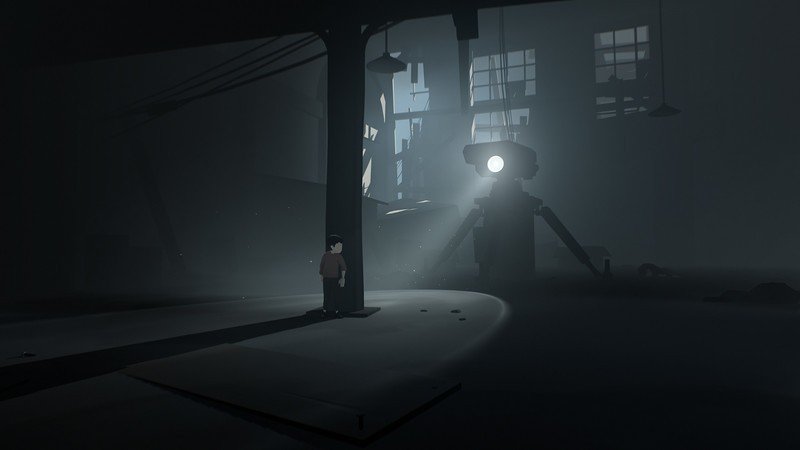
The second title from Playdead is both like its predecessor, Limbo, and a beast all its own. It's creepy and mysterious, counteracted slightly with some challenging puzzles and great platforming sections. However, what sticks in the minds of most of the people that played it is that ending. After traversing through a series of dystopian settings, and running into some monsters along the way, you become the monster — a giant, disgusting ball of flesh fused with other bodies. You spend most of the game trying to escape the sickness that seems to have infected the countryside and the experiments that adults seem to be performing, only to find you can't escape it at all. However, you can do something about it, which makes the final sequence so impactful. -Carli Velocci
7. Every route in NieR: Automata
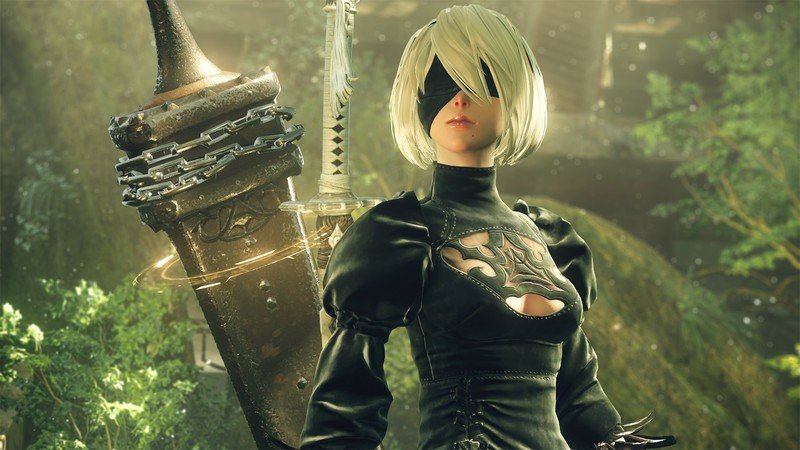
There's no spot in NieR: Automata that quite beats all the other spots for how shocking it manages to be. In Route A, players are introduced to the world and the cast, with androids 2B and 9S taking center stage, with mysterious A2 off to the side. In Route B, you see the same story played from the perspective of 9S. As you nearly finish, what follows is nothing short of a bombardment of twists: 9S has been killed by 2B in the past, multiple times, for knowing too much. Humanity didn't survive.
Then comes Route C, D, and E, where 2B dies, more lies of Yorha are revealed, and then everyone and everything dies. It's not the end though — pod companions 042 and 153 offer to try and restore the three androids. A grueling shoot-em-up ensues where the player fights the very credits of the game and is eventually overwhelmed. Upon being assisted by other players, you eventually triumph. The three protagonists have another chance at life and you, the player, can choose to sacrifice your save data to assist someone else. It's an incredible, haunting moment that redefines the very nature of the fourth wall in gaming. -Samuel Tolbert
8. That death and its effects in Brothers: A Tale of Two Sons
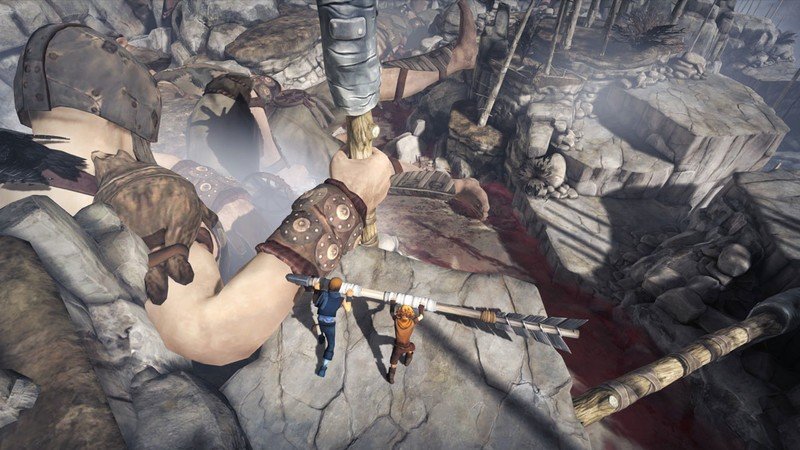
Brothers: A Tale of Two Sons has a unique twist that ties in with the game's narrative and game mechanics. Players explore this world as two brothers, Naia and Naiee, and you control each brother with only one side of the controller. Each has his own specific set of skills based on their age, size, and fears that you utilize to complete various puzzles. It's a clever game mechanic that lets you experience the game in a new way — that is, until Naia, the older brother, is killed. Not only do you lose a pivotal character, but the game also forces you to use only half the controller, the part that controls Naiee. This simple design is an added punch in the gut and a heart-wrenching twist that truly makes you feel like you've lost part of yourself with Naia's death. -Sara Gitkos
9. Gone Home being happy and not spooky
When I first saw the trailers for Gone Home before its release, I didn't want to play it because I thought it was a survival horror game (I thought the same of Firewatch, too, but I digress). It's amazing how marketing can paint a vastly different picture than what the actual game is. And where the developer could have taken the easy road to end it on a sad note, Gone Home is actually happy and hopeful at the end of it. That's not something that can be said for a lot of other LGBTQ+ stories, unfortunately. -Jennifer Locke
10. Doki Doki Literature Club is not the dating sim you thought it was
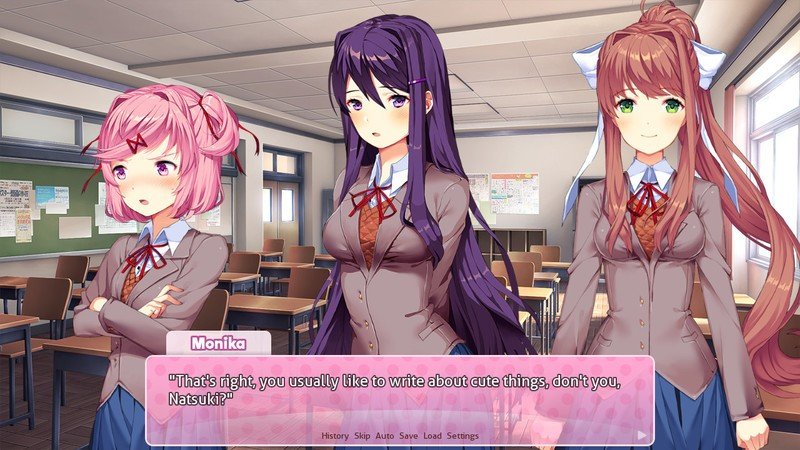
This is less of a note on Doki Doki Literature Club and more about the state of visual novels over the past decade. Doki Doki is just one of many that utilize the medium to only then subvert it. Hatoful Boyfriend used the absurd notion of dating birds to tell a serious tale about war while Amnesia, a more straightforward dating sim on the surface, used the replayability inherent with the genre as a plot point. Doki Doki is in another league: a (spoiler alert) psychological horror game masquerading as a cutesy dating simulator. The game starts off innocent enough, but in its second act, one of the characters you can romance becomes self-aware and starts messing with the game. It then becomes something else entirely. The game is free and only a few hours long so if you haven't played it yet, be sure to check it out. -Carli Velocci

